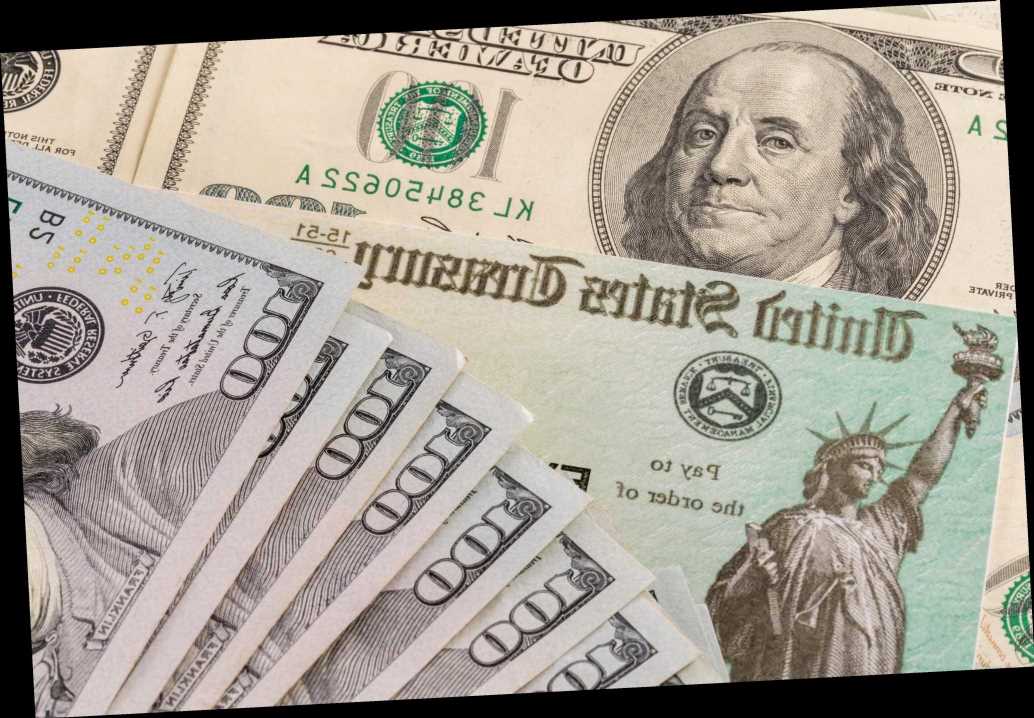A THIRD stimulus check could be making its way to Americans in just weeks – but not everyone will receive the eagerly awaited funds.
After Joe Biden's $1.9trillion relief package was passed in the House, it needs to be approved by the Senate before details of exactly who will get the $1,400 stimulus payments are finalised.
But according to advice published by CNET, some people may be ineligible to receive the third round payment, while other factors could result in individual payments being much smaller.
The IRS is hoping to create a formula to calculate how much of the maximum $1,400 each American will receive.
But even something as small as filing your taxes early, or waiting until later, could change the outcome of your stimulus payment.
The formula would rely on adjusted gross income (AGI) and would be based on a number of factors.
Those who earn up to $75,000 a year and couples who earn up to $150,000 a year would be eligible for the full payments of $1,400 or $2,800 respectively.
Payments would decline for people who earn more than those limits, and would completely phase out for individuals who earn more than $100,000 or couples who earn more than $200,000.
Similar to the single-taxpayer cutoff, heads of households (people who do not file jointly and claim a dependent) with an AGI of $150,000 or more are excluded under the new proposal.
In order to get a partial stimulus payment, you would need to make between $112,500 and $150,000.
But to get the full amount, you must make below $112,500 if you're the head of household.
If you're considered a nonresident alien by the IRS, you won't be included in the third stimulus check
According to recommendations from CNET, Americans should make sure that they have their direct deposit set up with the IRS when they file their 2020 tax return to ensure the process is sped up.
The outlet also recommends that tax payers attempt to file quickly so that the IRS has their most recent financial information.
If you are not usually required to file income taxes, you're probably eligible to receive the third stimulus check.
But if you're missing money from a previous check you may need to file a tax return this year to get the money.
Those filing tax returns earlier this year will see a faster refund, and "for some people, it could also mean a bigger third stimulus check.
Many Americans have received a stimulus check based on their tax returns.
After the first round of stimulus checks that was approved in March 2020, it took IRS two weeks to start sending checks.
For the second round that was approved in December, checks were sent after about a week.
At the end of February Republicans called for the government to give $10,000 stimulus checks to all Americans.
Arizona Republican representative Paul Gosar has submitted an amendment which slashes non-relief spending to give American citizens $10,000 stimulus checks instead.
He told Fox News: “I offered an amendment to prioritize $10,000 stimulus checks to Americans most affected by Covid-19 and lockdowns.
Source: Read Full Article




